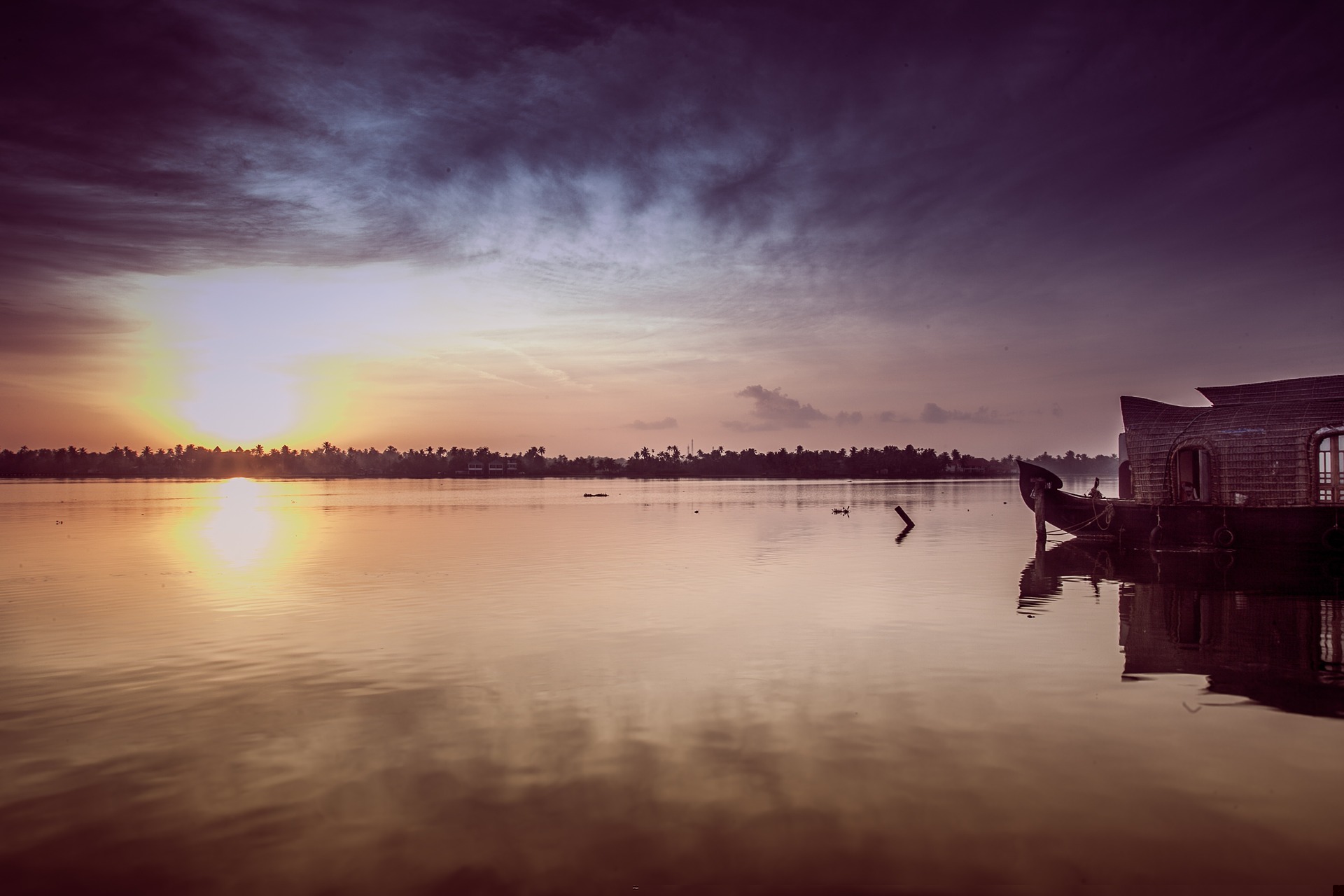Sustainable supplies of clean water are an essential asset underpinning healthy lives, food production, and opportunities for economic growth. In rural India, many livelihoods are dependent on water for activities such as crop irrigation, livestock watering and aquaculture. Consequently, water is linked to people's wellbeing as millions of people in rural India rely on it for their food security and to sustain income levels as well as their health and well-being. This makes the management of water resources and waste water treatment a critical issue for sustainable development. This is a central focus of the Indian Government's Swachh Bharat Mission (Clean India Mission) and a target of the UN Sustainable Development Goals, particularly SDG Goal 6 on improving sanitation, water quality and protecting water-related ecosystems.
To help achieve Goal 6, there is a need to develop management actions based on water quality monitoring identifying the sources of poor water quality and assessing treatment options. In particular, low-cost, low energy, decentralised waste water treatment systems are needed to support communities where large-scale infrastructure is uneconomic or insufficient. Constructed wetlands and ponds are nature-based solutions that can contribute to this challenge. However, the effectiveness of constructed wetlands and ponds schemes to deliver water quality and other benefits, such as food security and health, needs further assessment in sub-tropical India.
